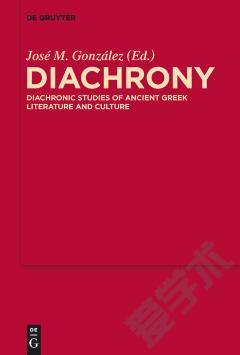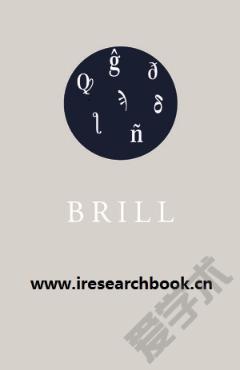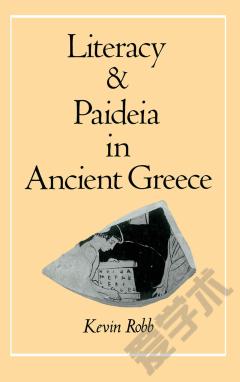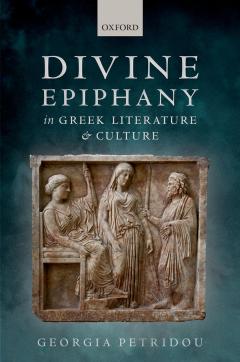Written Texts and the Rise of Literate Culture in Ancient Greece
From the sixth through the fourth centuries BCE, the landmark developments of Greek culture and the critical works of Greek thought and literature were accompanied by an explosive growth in the use of written texts. By the close of the classical period, a new culture of literacy and textuality had come into existence alongside the traditional practices of live oral discourse. New avenues for human activity and creativity arose in this period. The very creation of the 'classical' and the perennial use of Greece by later European civilizations as a source of knowledge and inspiration would not have taken place without the textual innovations of the classical period. This book considers how writing, reading and disseminating texts led to new ways of thinking and new forms of expression and behaviour. The individual chapters cover a range of phenomena, including poetry, science, religions, philosophy, history, law and learning.
{{comment.content}}








 京公网安备 11010802027623号
京公网安备 11010802027623号